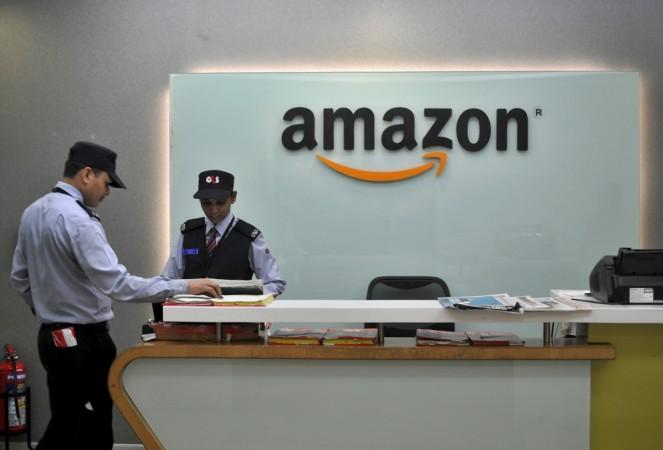
The measures proposed in the draft e-commerce policy against counterfeit products is expected to help lower the cost of original products sold through online portals. Industry experts and sellers believe the new rules will help stem the flow of fake goods through e-commerce sites.
According to the draft regulation, online retailers will have to give trademark owners, like a brand or a reseller, the option to approve the sale of every product that carries their trademark listed for sale on the portal. Moreover, companies should seek the trademark owner's authorisation to sell luxury products and cosmetics on their platforms. The prevalence of counterfeit products is very high in categories such as apparel and accessories.
"This certainly seems doable, especially since it's in everyone's interest," a senior e-commerce executive told The Economic Times. "Till counterfeits exist, the cost to original brands will remain high, but if the entire demand comes to the original brand, they will be able to bring down costs," he added.
A survey conducted last year by market research firm Velocity MR showed that one out of every three online shoppers has received fake products while shopping online in a period of six months. Even though online retail companies do not share data on fake products, some studies have pegged the share of counterfeit goods sold online at 20%.
The implementation of the measures is expected to have a temporary impact on sales through online marketplaces but it will eventually recover after brands pass on the benefits of incremental sales to consumers.
E-commerce firms have been clamping down on sellers of counterfeit products for a while now. Companies like Snapdeal and Amazon have blocked or delisted thousands of vendors in an effort to reduce the circulation of fake goods.
The overall effects of the proposed measures are likely to be positive, however, it may fuel some trade channel disputes between sellers and brands. Due to the power given to brands to determine which products and sellers get listed on online portals, they could start restricting non-authorised vendors who offer discounts but sell genuine products. The policy also proposes for e-commerce marketplaces to create financial disincentives for vendors selling fake items.














